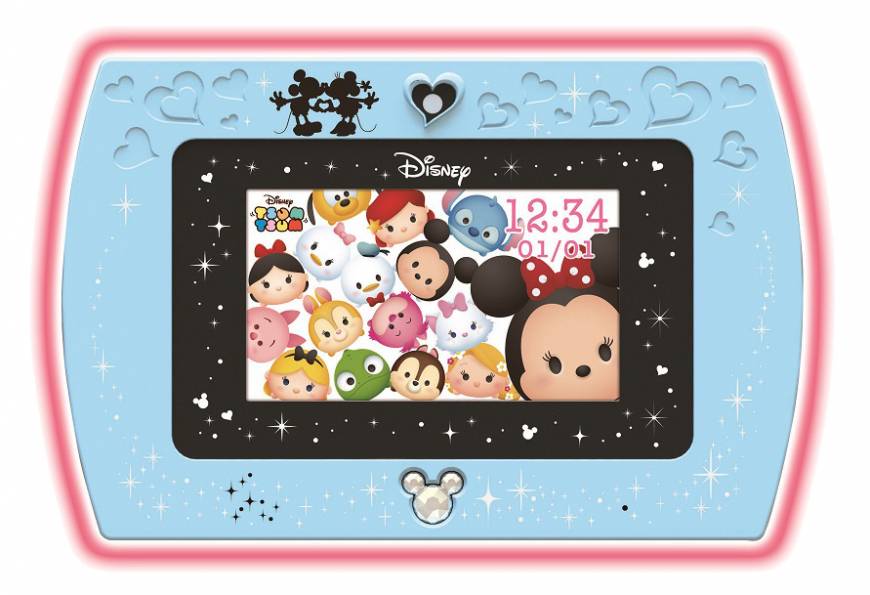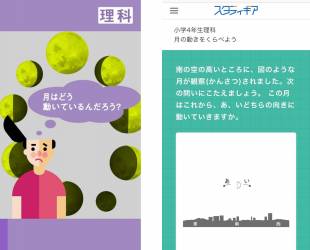Facing an era of digital education
BY CHIHO KOMORIYA
https://www.japantimes.co.jp/life/2018/06/24/digital/facing-era-digital-education/#.WzM2CqczbIU
JUN 24, 2018
The International Tokyo Toy Show is often a good place to spot new gadgets and this year was no exception. On: Tech takes a look at a couple of toys showcased at the trade show this month, and some ideas of how technology can help educate children.
‘Pika-chu, pika-pi, pika-pika-chu’
Takara Tomy has transformed one of Japan’s most famous characters into a tiny pet robot. HelloPika is a pocket-sized toy that responds to speech with various actions that include nodding, shaking its head, lighting up at the cheeks and replying “pika-pika,” “pika-chu,” “pika-pi” and other “pika” words. Don’t expect to understand it — it won’t speak English or Japanese. But it will turn toward you when spoken to and has a “pika” answer for everything. It also laughs when tickled, snores when sleeping and can be clipped to pockets for those who don’t want to part with it.
HelloPika may not be the most useful toy, but it’s incredibly cute and at the International Tokyo Toy Show the Takara Tomy booth, visitors were quick to coo “kawaii” at a table full of them chattering away. It will be priced at ¥3,229, runs on two AAA batteries and will be released on Aug. 4, with planned launches in nine other countries, including Korea, China, Singapore and Thailand. “Pika” is, after all, a universal language — even if it doesn’t make much sense.
bit.ly/hellopika (Japanese only)

The kid-safe tablet
Sega Toys showcased its Magical Me Pad, a Disney collaboration, which will be launched on Aug. 9. Like a tablet, the Magical Me Pad has all kinds of functions — it offers games and quizzes, has face recognition, and its camera can be used to take and edit video. Perhaps more appealing to parents, though, is that it’s also a useful learning tool.
Sega Toys developed the Magical Me Pad with education goods publisher Gakken Plus, who provided the device’s Japanese to English dictionary and its vocabulary learning games, which monitor the user’s ability and adjusts difficulty levels accordingly. The Magical Me Pad also helps teach programming — a recently introduced compulsory subject at schools — by allowing the user to use Disney characters to simulate coding games.
Priced at ¥16,200, the Magical Me Pad is aimed at children aged 6 and above and runs on four AA batteries. Kids may be more attracted to the use of voice-recognition for its dictionary, which translates spoken words through the voices of Disney characters, or its video functions that will allow them to make YouTuber-like videos. The Magical Me Pad, however, is not internet enabled, so your kid’s data is kept safe unless you choose to export it via microSD. This makes it a good introduction to tablets, without the fear of accidentally coming across inappropriate online content.
www.segatoys.co.jp/disney/magicalmepad (Japanese only)
Learning on the go and for free

While mobile study apps have become popular in Japan, educational services company EduLab, Inc. noticed that many of them are not only specifically aimed at older students studying for university entrance exams, but they also charge for their services.
Seeing a need to help younger learners, EduLab has released Study Gear, a free app offering compact lessons for primary and younger junior high school students. Subjects covered are Japanese, mathematics, society, science and English, all of which can be learned via short animations.
The one to 2½ minute videos are made by the One Media video production company, while publishing house Obunsha provide the topics and educational information. As a bonus to using the app, children can also rack up NTT Docomo loyalty points for their parents each time they complete lessons.
There are currently 500 video lessons available on both iOS and Android versions of Study Gear, and EduLab, Inc. aims to increase this to 3,000 within the next year.
沒有留言:
張貼留言
注意:只有此網誌的成員可以留言。